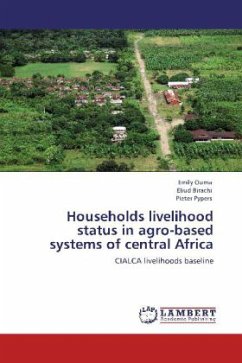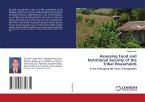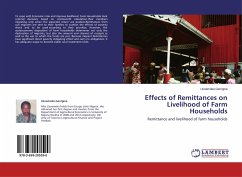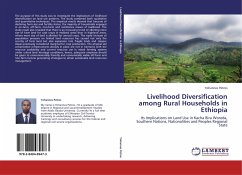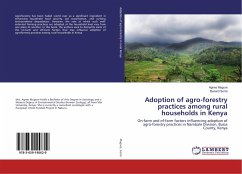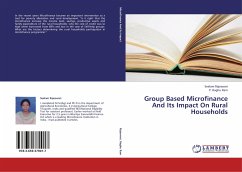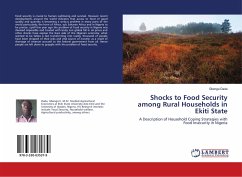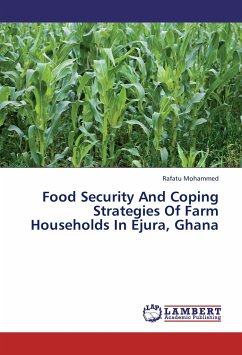Bananas, legumes and cassava are key crops in the CEPGL region (covering Rwanda, Burundi and DRC) being major sources of food and revenue for smallholder farmers who comprise the bulk of the poor population. Despite its importance, the productivity of banana-legume and cassava-based systems is severely hampered by the use of inferior germplasm, crop diseases, poor agronomic practices, abiotic stress and institutional constraints leading to low yields. This has had severe negative impacts on the food and nutrition security of rural households, their livelihood outcomes and on the natural resource base. It is against this backdrop that the Belgian Directorate General for Development Cooperation approved funding for CIALCA, a Consortium comprising International Agricultural Research Centres; IITA, Bioversity International and CIAT, and their national research and development partners. CIALCA aims at improving livelihoods through enhancing incomes, health, and the natural resource base of smallholder farmers in Central Africa. This article presents the households livelihood baseline status as at 2006 in the mandate areas where CIALCA has been developing and testing interventions.
Bitte wählen Sie Ihr Anliegen aus.
Rechnungen
Retourenschein anfordern
Bestellstatus
Storno

